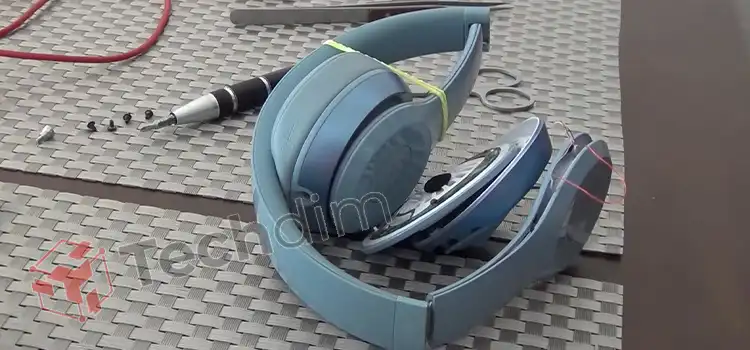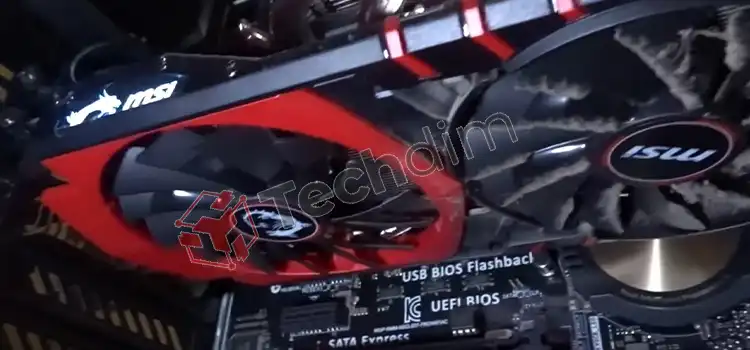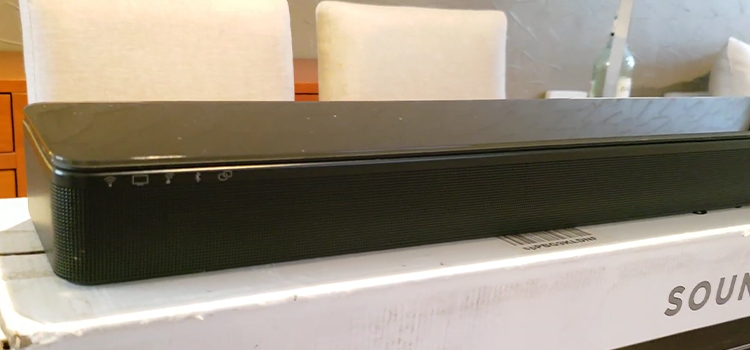Will a Computer Turn On Without a Hard Drive? [EXPLAINED]
As we all know that whenever we install any operating system, it’s the hard drive where it gets installed. Moreover, the answer to the question will also depend on how ‘Turn on’ represents here.
Don’t need to get worried or confused. Here, we’ll explain if a computer will turn on without a hard drive or not in a way that’ll be easier to understand.

Will a Computer Turn On Without a Hard Drive Usually?
First, you’ve to understand that ‘Turn on’ can vary in two ways. If the ‘Turn on’ indicates boot into and access the BIOS, then YES it’s possible. But if it indicates boot into and accesses the operating system, then the answer is NO.
That’s because if the hard drive is removed then the operating system will be unable to operate in absence of crucial system data. That’s why the computer will turn on but you can’t access the operating system but BIOS.

You’ve possibly seen that when you start your computer, there’s some checking and testing that are getting processed dynamically. That’s why for some moments it remains inaccessible.
So, it’s true that without any boot device it’s physically quite impossible to boot your computer.
What Occurs When a Computer Turns on Except the Hard Drive?
We’re about to share the possibilities that may happen when you’ll try to turn on your computer without the hard drive.
1. Startup Status
First, the POST (Power-On-Self-Test) process will run. It’ll check the status of all the relevant hardware. Then, the BIOS will get activated to check for a boot device from the connected order of the devices. Such as hard drives, flash drives, network drives, any other external drives, etc.

2. Black Screen Appears
When the BIOS runs through the list of attached devices searching for a conventional boot device and fails to detect one, then it’ll execute a relating beep code by beeping a series of beeps through the computer speaker.
It’s an expression dedicated to the users so that they can realize there’s a problem while finding any boot device. As a result, you’ll see a black screen on your monitor just having a blinking cursor or error message.


But if there’s one available boot device and somehow BIOS is incapable of detecting it, then you can go for customization in BIOS settings to locate the boot device by changing the boot order.
Notable Tips to Boot the Computer without Hard Drive
Well, there’re some prominent ways to turn on your computer even without a hard drive. You can boot your computer using a USB drive, CD/DVD, floppy drive, external hard drive, over a network, etc.

Frequently Asked Questions (FAQs)
What happens if I boot my PC without any RAM?
Basically, RAM is essential for every PC to transfer relevant instructions and data to the processing unit. Without any RAM, the PC system can’t be able to perform the POST procedure. That means the UEFI or BIOS also won’t be capable of performing their task.
Is It Possible for a Bad Hard Drive to Prevent PC From Turning On?
Well, if it’s not that bad then your PC may get turned on. A hard drive contains all necessary data and information regarding the operating system. So, if there’s any bad sector or damage in the hard drive, it’ll let the PC get started, but ultimately occur freezing, crash, or turn off your PC. If the hard drive is in a very bad condition such as missing some system files, then your PC won’t get turned on.
Can a bad hard drive cause a computer blue screen?
Yes, it can. There can be several ways of being a hard drive bad. Also, based on the level of badness, there can be different occurrences. Sometimes you may face your computer screen getting frozen showing blue with an error message. Sometimes your computer can crash to death (black screen).
Why hard drive get corrupted or bad?
There’re some possible causes behind this issue. Those are –
- Virus or Malware attack
- Faulty antivirus program
- Unwanted power failure
- Read/Write tracking failure
- Faulty sector
Conclusion
It should be clear by now that if you try to turn on your computer without a hard drive then you only can get past the BIOS, but the operating system. Hence, it’ll be wise to have the hard drive while booting up your computer. Share your valuable feedback to let us know if you find this post useful or not.
Subscribe to our newsletter
& plug into
the world of technology





